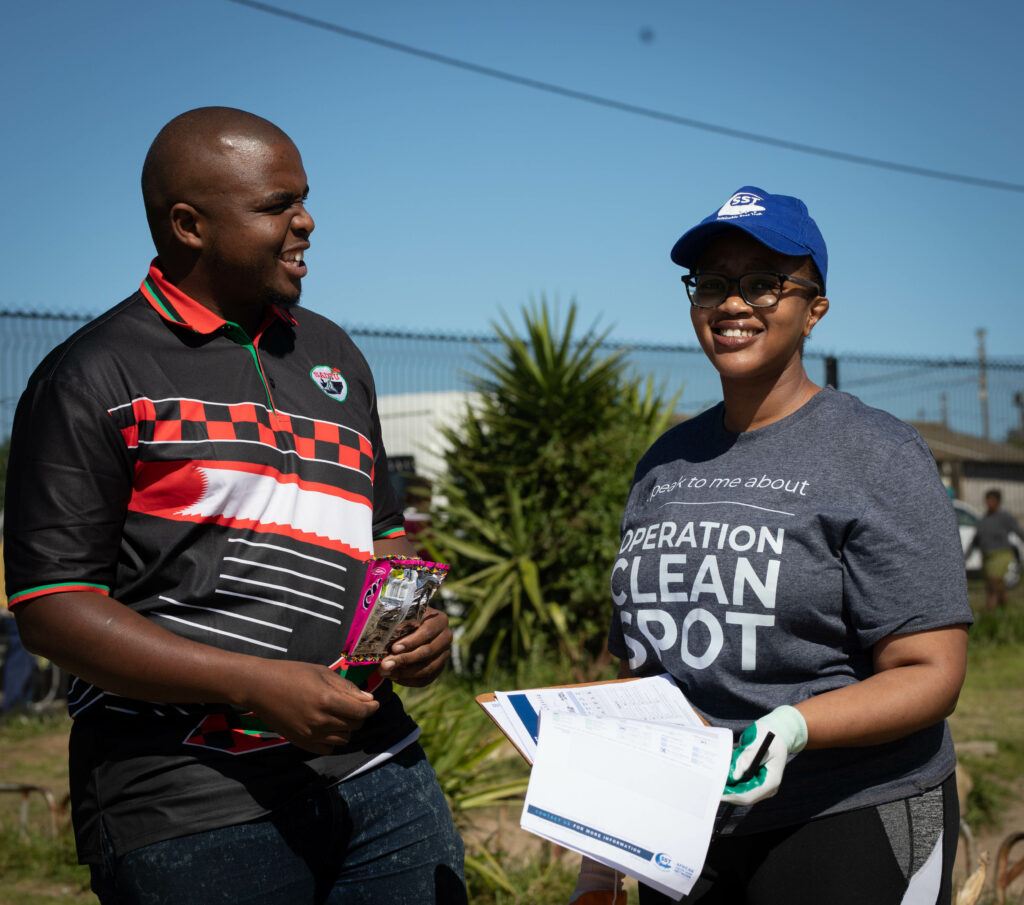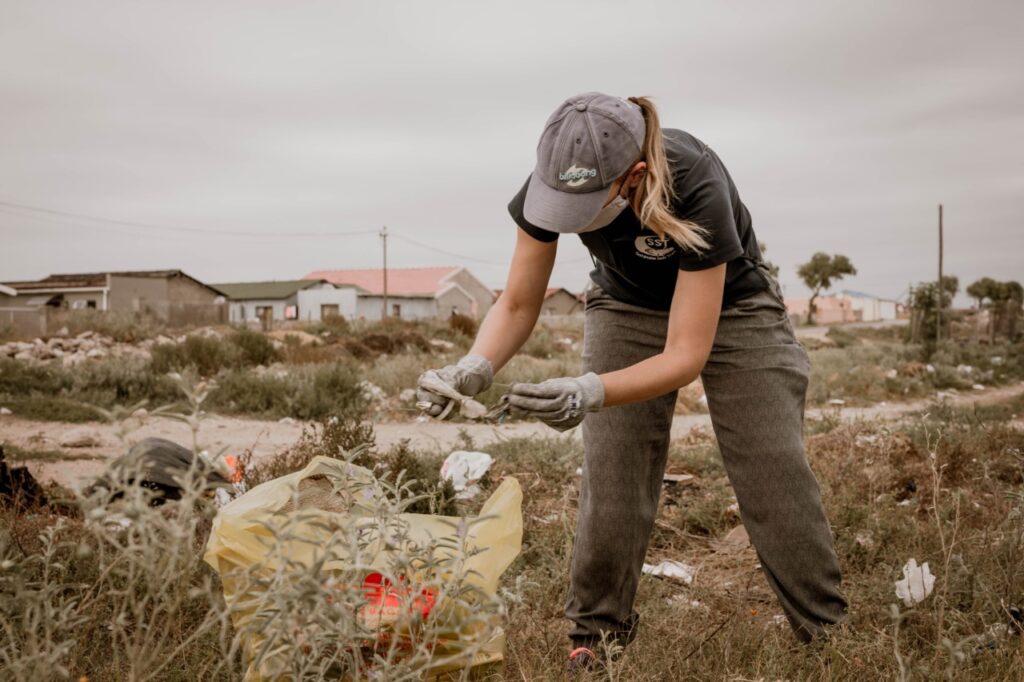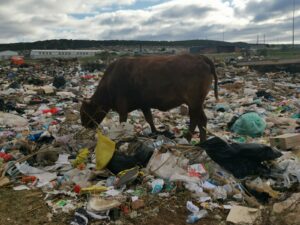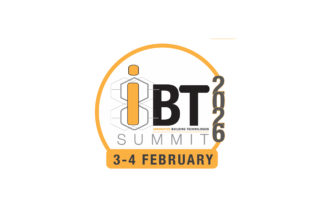A UNIQUE African-centric litter reduction campaign which is being piloted in South Africa will – once trialled and tested – be scaled and used throughout the continent.
According to marine conservation non-profit Sustainable Seas Trust (SST), its flagship litter-reduction campaign, Operation Clean Spot (OCS), aims to reduce land-based litter by up to 90% in some communities. With its mandate to support a blue economy by helping Africa’s oceans become litter-free, the organisation wants to use OCS to combat pollution in the environment before it reaches the sea.
Here is how the OCS trial is unfolding:
- At a municipal level, SST is offering waste minimisation support and guidance to local authorities, based on its scientific research in the sector and its Africa-wide partner network.
- At schools, OCS is educating pupils on how to identify and separate recyclable waste generated in their households from general waste headed for landfills – termed “separation at source”. This empowers pupils to become “recycling champions” in their households, motivating their parents or caregivers to join in.
- Neighbourhood programmes, meanwhile, involve educating households about the importance of often-maligned and misunderstood waste collectors. This is being achieved through a combination of neighbourhood education drives, workshops, and by sourcing personal protective equipment (PPE) and clothing for the waste collectors so they can be easily identified by households.
- On a broader scale, using its website and social media channels, OCS is galvanising individuals and businesses to “adopt-a-spot” in their respective communities which they commit to keeping clean on a consistent basis, logging the clean-ups of their spots – and the amount of litter collected – on the OCS website to measure progress for the public to see.

- Scientific research: Using standardised methods to measure the volume of pollution at selected sites – referred to as baselines – and monitoring changes following interventions to clean the trial sites.
- Consumer research and community outreach: Consumer questionnaires are measuring changes in perceptions towards waste management, recycling and the informal collection sector.
- Education, knowledge sharing and capacity building: Educational interventions, materials and communications in schools and to selected adult audiences are being shared, to build an understanding of issues, and to dispel misperceptions about recycling.
- Economic and enterprise development towards a circular economy: Upskilling and developing capacity is taking place with waste collectors involved in the trials. Interventions are ensuring that recyclables collected are kept within the circular economy and non-recyclables are diverted out of the environment where they do not belong.







